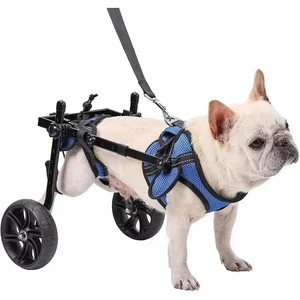superrific
Master of the ZZLverse
- Messages
- 10,882
Left to their own devices and over the next X million years.
Obviously wheels are considerably less useful without a) independent propulsion and b) roads, but it's also true that animals adapt to their specific environment. So wolves that live in the forests in the Rockies won't, but maybe wolves living in the flatlands of East Texas could.
Also, it doesn't have to be the only or even primary form of locomotion. For instance, imagine if humans had wheels on our elbows. Most of the time we'd walk, but one could imagine that there might be an advantage in some environments. I imagine a person pushing with the back legs and then coasting on the front wheels while the back legs wind up again. Like the breaststroke in swimming.
So anyone think it could be possible for some animal species somewhere, and if so what? As long as we're assuming long evolution, It's fair to assume supporting features could also evolve, like retractability (which obviously already exists for many species).
Obviously wheels are considerably less useful without a) independent propulsion and b) roads, but it's also true that animals adapt to their specific environment. So wolves that live in the forests in the Rockies won't, but maybe wolves living in the flatlands of East Texas could.
Also, it doesn't have to be the only or even primary form of locomotion. For instance, imagine if humans had wheels on our elbows. Most of the time we'd walk, but one could imagine that there might be an advantage in some environments. I imagine a person pushing with the back legs and then coasting on the front wheels while the back legs wind up again. Like the breaststroke in swimming.
So anyone think it could be possible for some animal species somewhere, and if so what? As long as we're assuming long evolution, It's fair to assume supporting features could also evolve, like retractability (which obviously already exists for many species).


